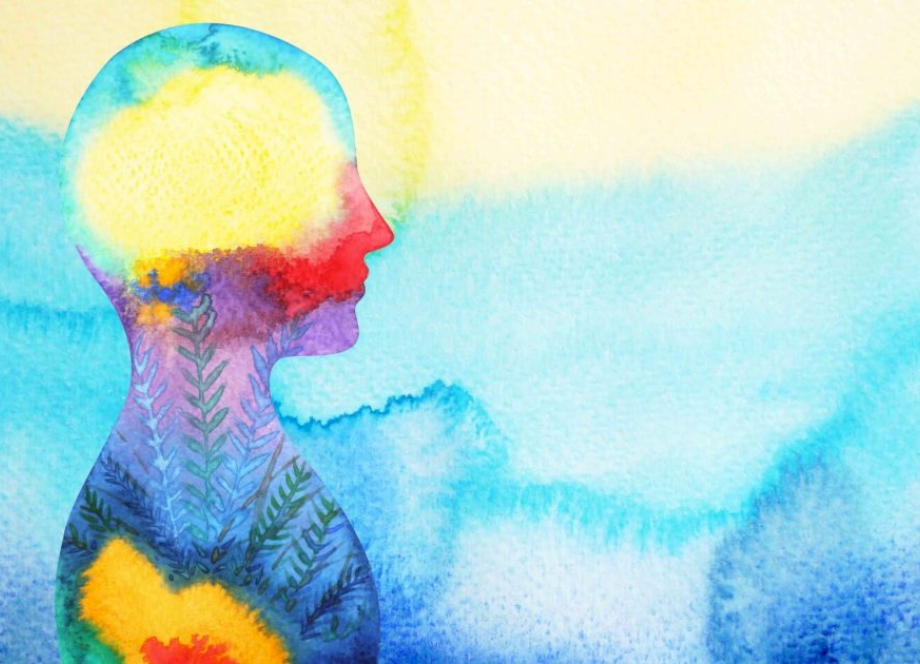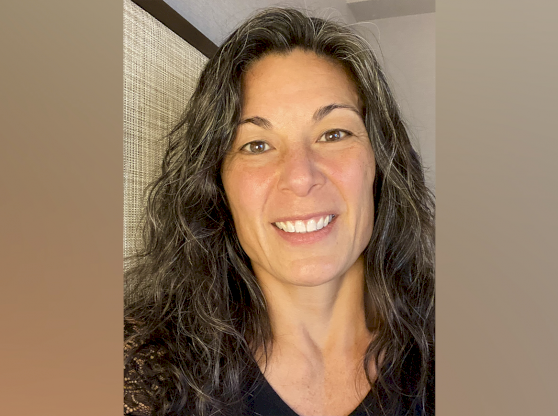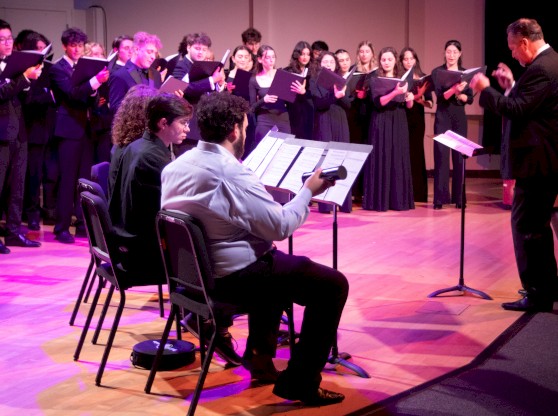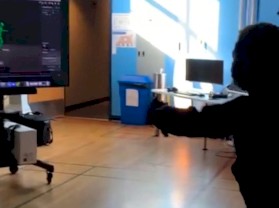The Society for Public Health Education (SOPHE), in collaboration with the University of Florida Center for Arts in Medicine and ArtPlace America, announced the publication of “Arts in Public Health,” a special supplement of its peer-reviewed journal Health Promotion Practice (HPP).
This important collection of papers advances the current knowledge about, skills needed for, and examples of work using the arts to advance individual and population health.
Curated by guest co-editors Lourdes Rodriguez, Melissa Valerio-Shewmaker, and UF Center for Arts in Medicine Director Jill Sonke, the supplement features 18 commentaries, full-length articles, and calls to action from thought leaders, practitioners and researchers working to establish an evidence base and set best practices in the field of arts in public health.
“This supplement provides powerful examples and evidence of how cross-sector collaboration between public health and the arts can advance health promotion goals and impacts,” writes Jill Sonke. “It also illustrates the role of the arts in equitably and effectively addressing health equity and altering the upstream systems, policies and structures that create health disparities.”
The supplement shares examples of how the arts are integrated into public health research methods, offers arts-integrated frameworks for research, and introduces arts-based research-to-practice case studies.
Sonke co-wrote the supplement’s introduction, “Toward a Culture of Health in the United States,” and co-authored a systemic review of arts-based interventions to address suicide prevention and survivorship with Adjunct Assistant Professor Kelley Sams and others.
Readers will also find evidence syntheses and practice examples that highlight arts-based strategies to address some of our most persistent public health problems, such as substance use, social isolation, environmental change, and health equity.
One article in the supplement features UF’s Theatre Connect program. The program’s co-directors Research Assistant Professor Jeffrey Pufahl and Center for Arts in Medicine Admissions and Marketing Coordinator Camilo Reina Munoz (MA Arts in Medicine 2018) teamed up with UF College of Education Assistant Professor Dr. Hannah Bayne to write about key strategies for facilitating LGBTQQ youth theatre programs.
Guest editorial board member Sandro Galea, dean of Boston University’s School of Public Health, asserts the vision that the arts have a central role in contemporary public health efforts.
“I’ve always seen public health as being aspirational towards collectively creating a better world that generates health,” Galea says. “Art provides a shared language that dovetails perfectly with seeing the mission of public health as one of generating a better world.”
The supplement concludes with a call-to-action from Maria Rosario Jackson, senior advisor at the Kresge Foundation, who asks researchers and practitioners to reimagine their roles to drive cross-sector collaboration to meet a demand for health equity.
“As the confluence of community development, arts and public health become stronger, the promise of raising the bar—aspiring to greater justice and equity in more meaningful ways—in all three fields is inspiring,” she writes.
HPP’s Editor-in-Chief Dr. Kathleen Roe notes, “HPP is proud to showcase these innovative practices and research initiatives. Individually, they offer tools and guidance for sentient community-based action. Together, they demonstrate the transformative power of word, image, and movement across the social-ecological spectrum. This is the arts in public health lens.”
The HPP Podcast will feature several episodes exploring some of the most compelling topics discussed in the supplement on Spotify or wherever you access your podcasts.
The Arts in Public Health supplement is available via open access.
A version of this article appeared on the Society for Public Health Education's website.



